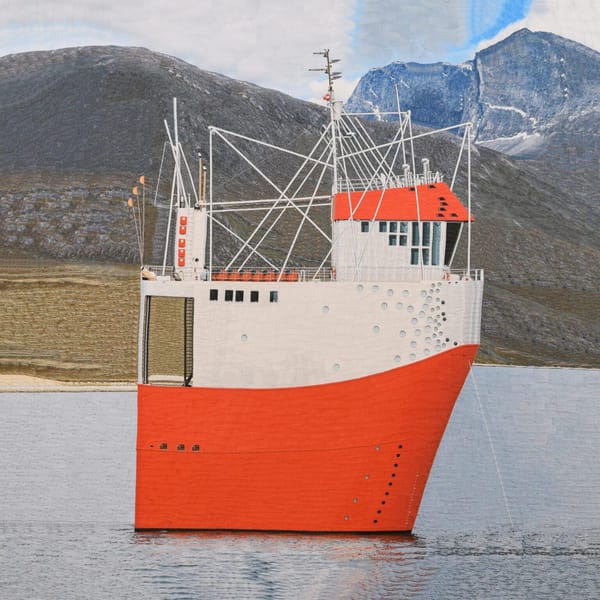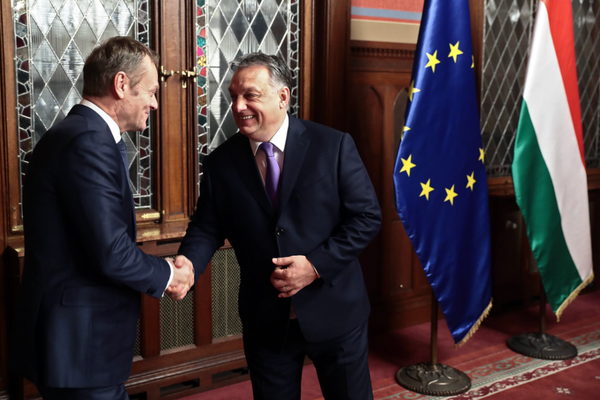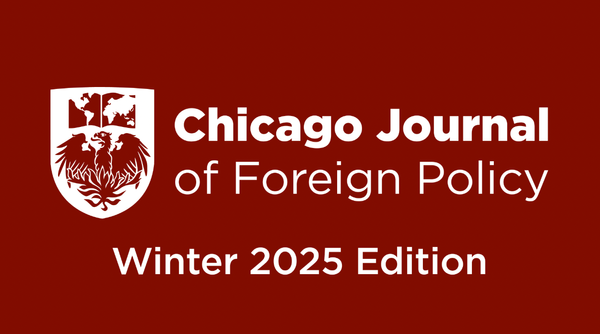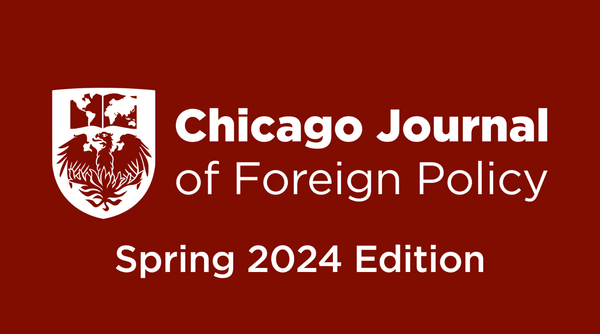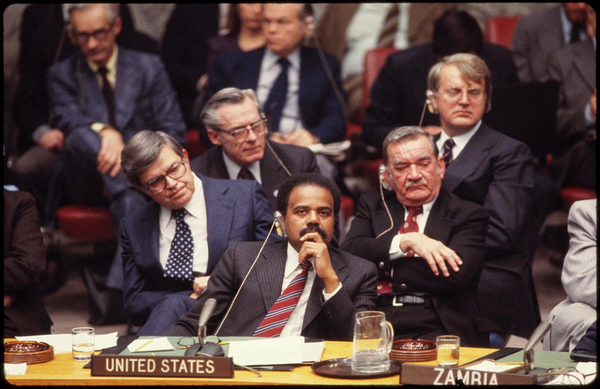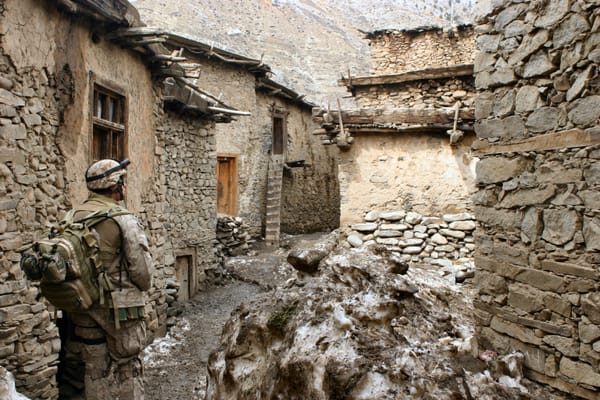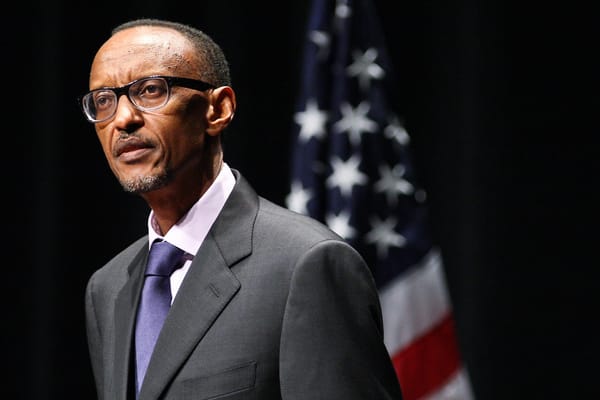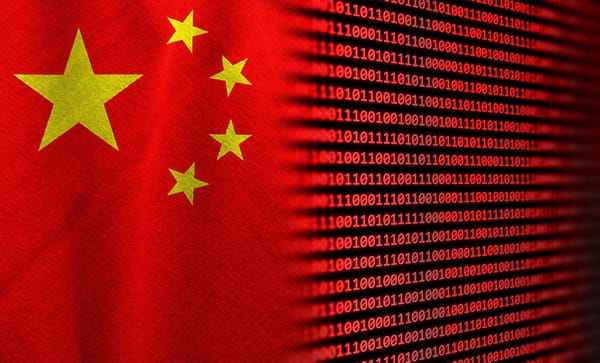
Rethinking Regional Order: East Asia’s Strategic Realignment Amid U.S. Uncertainty
By Megan Wei, University of Chicago Since the end of World War II, the United States has played a significant role in shaping security across East Asia. Through the establishment of bilateral alliances and long-term military presence, it has contributed to regional stability by deterring potential conflict and creating the

